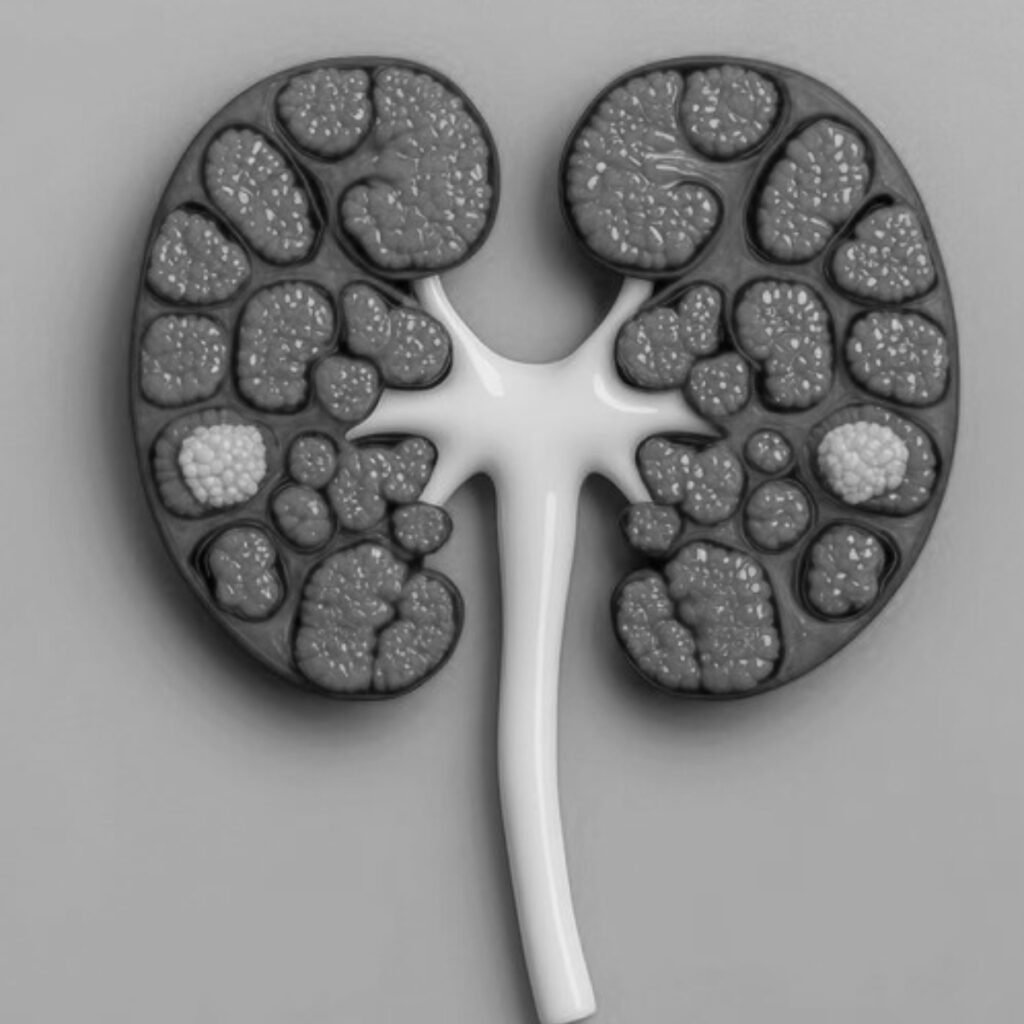Kidney cancer is a significant medical condition that often sparks fear and misconceptions. One common belief is that the entire kidney must always be removed if someone is diagnosed with kidney cancer. However, this is not necessarily true. Advances in medical science have introduced treatment options that can preserve the kidney in many cases. Let’s delve into the realities of kidney cancer treatment and when kidney removal is necessary.
Understanding Kidney Cancer
Kidney cancer, most commonly renal cell carcinoma (RCC), originates in the tissues of the kidney responsible for filtering blood and producing urine. Early-stage kidney cancer is often asymptomatic and is frequently discovered during routine imaging for unrelated issues. Symptoms, when present, may include:
- Blood in the urine
- Persistent back or side pain
- Unexplained weight loss
- Fatigue or general weakness
Prompt diagnosis is critical in determining the best course of treatment.
When Is Removing the Entire Kidney Necessary?
The procedure to remove a kidney is called a nephrectomy, and it can be partial or radical:
- Radical Nephrectomy:
This involves removing the entire kidney along with the surrounding fatty tissue and, in some cases, nearby lymph nodes. It is typically recommended when:- The tumor is large and occupies a significant portion of the kidney.
- The cancer has spread to other areas of the kidney or nearby tissues.
- The location of the tumor makes partial removal technically difficult or unsafe.
- Partial Nephrectomy:
Also known as kidney-sparing surgery, this approach removes only the tumor while preserving the remaining healthy kidney tissue. It is often the preferred option for:- Small, localized tumors (typically less than 7 cm in size).
- Patients with existing kidney problems or a high risk of future kidney disease.
- Younger patients or those with only one functional kidney.
Modern Advances in Kidney Cancer Treatment
Advancements in medical technology have allowed for more precise and less invasive treatments, making it possible to avoid radical nephrectomy in many cases. Options include:
- Minimally Invasive Surgery:
Laparoscopic or robotic-assisted surgery allows surgeons to remove tumors with smaller incisions, leading to faster recovery times. - Ablative Therapies:
Techniques like cryoablation (freezing the tumor) or radiofrequency ablation (using heat to destroy the tumor) are suitable for small tumors and patients who are not candidates for surgery. - Targeted Therapy and Immunotherapy:
For advanced kidney cancer, medications that target specific cancer pathways or boost the immune system can help manage the disease without immediate surgery.
Factors Influencing Treatment Decisions
The choice between partial and radical nephrectomy depends on:
- Tumor Size and Location: Large or central tumors may require complete kidney removal.
- Cancer Stage: Early-stage cancers are often treatable with kidney-sparing methods.
- Patient’s Health: Overall kidney function and comorbidities play a crucial role in determining the safest approach.
- Surgeon Expertise: Experienced surgeons may be able to perform complex partial nephrectomies that preserve more kidney tissue.
Living with One Kidney
For patients who undergo a radical nephrectomy, living with one kidney is generally manageable. The remaining kidney compensates for the lost function, but it’s essential to maintain a healthy lifestyle, including:
- Staying hydrated
- Managing blood pressure
- Avoiding overuse of medications that may harm the kidneys, such as NSAIDs
Conclusion
The belief that the entire kidney must always be removed in cases of kidney cancer is a misconception. Modern treatment options, including partial nephrectomy and minimally invasive therapies, allow many patients to retain part or all of their kidney function.
If you or a loved one is facing a kidney cancer diagnosis, consult a qualified urologist or oncologist to explore the best treatment options. Early detection, personalized care, and advancements in technology can make a significant difference in the outcome.
Remember: Your kidneys are vital, but so is ensuring your overall health and well-being. Seek expert advice, ask questions, and make informed decisions.

